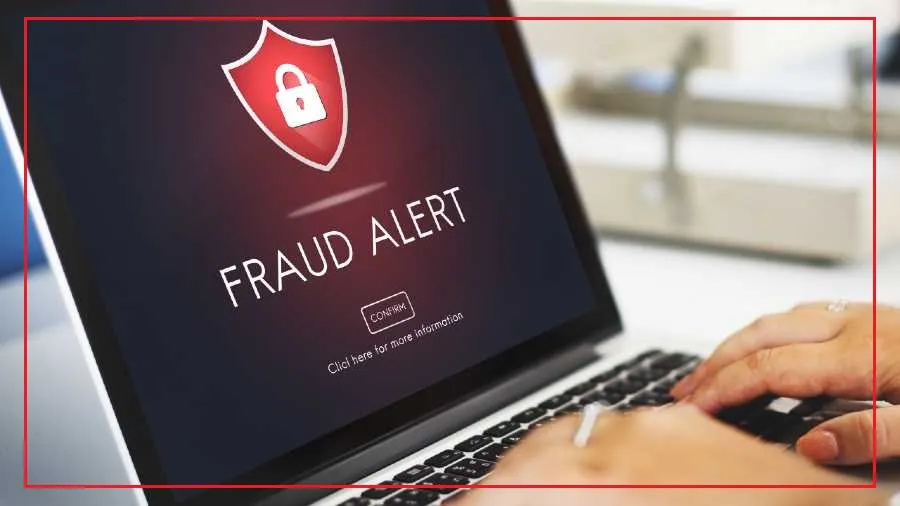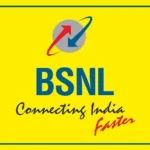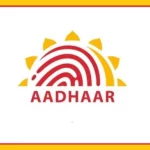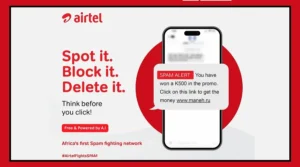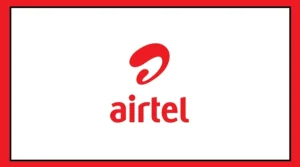To tackle the growing number of cyber fraud cases in India, the Department of Telecommunications (DoT) has introduced new cybersecurity rules.
These rules will apply not only to major telecom companies like Airtel, Jio, BSNL, and Vi (Vodafone Idea) but also affect the financial and insurance sectors.
However, some tech experts have raised concerns that extending DoT’s oversight to non-telecom companies could create privacy challenges for users.
DoT’s Objective Behind the Rules
According to a report by Economic Times Telecom, DoT officials explained that the main goal of these rules is to integrate telecom operators with banks, insurance companies, and other financial institutions.
DoT also clarified that its regulatory powers are limited to licensed telecom operators only, and the new rules are not intended to regulate unlicensed companies.
Mobile Number Validation (MNV) Platform
The key feature of the new rules is the Mobile Number Validation (MNV) platform, which DoT plans to launch soon.
Purpose: To check whether a mobile number really belongs to the person listed in the KYC (Know Your Customer) records.
Who can use it: Banks, fintech companies, and insurance institutions can verify mobile numbers when opening new accounts.
Benefit: Ensures that the mobile number linked to a bank account or insurance policy belongs to the correct person, reducing fraud.
How the Platform Helps Prevent Cyber Fraud
Before this, there was no legal way for banks or institutions in India to confirm if a mobile number truly belonged to the account holder.
With the MNV platform, banks and other financial institutions can directly verify mobile numbers with telecom companies, which will help prevent:
- Fraudulent transactions
- Fake SIM card usage
- Opening of fake accounts
This is expected to significantly reduce cyber fraud in India.
Companies Not Covered by the Rules
DoT clarified that these rules do not apply to e-commerce, food delivery, or other online business platforms. They are only for entities connected to telecom networks and financial services.


